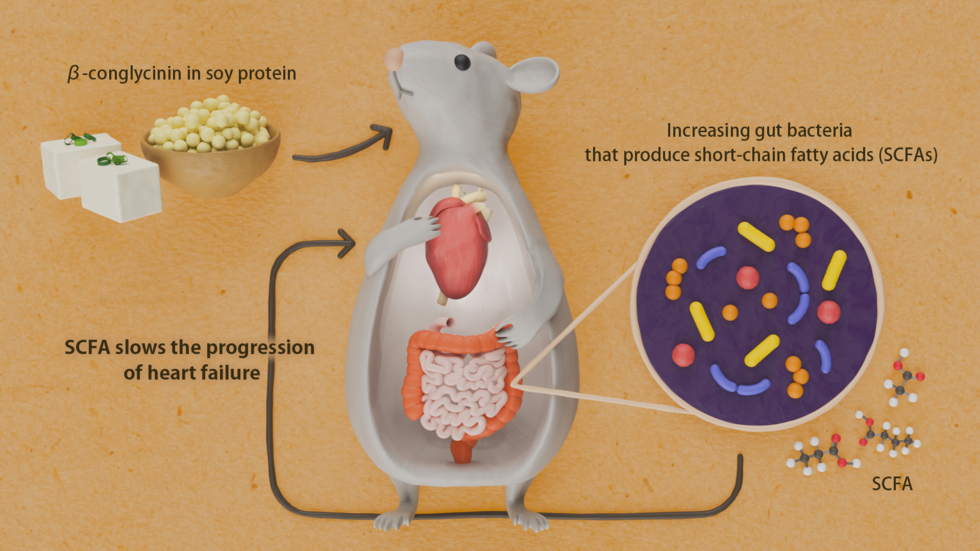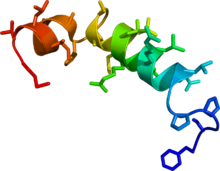
A research team from the Nagoya University Graduate School of Medicine has discovered a promising way to slow the progression of heart failure in mice. They fed mice a diet rich in the soybean protein, β-conglycinin (β-CG), which can support heart health by influencing gut bacteria. Their analysis revealed that the soybean protein rich diet increased the production of the short-chain fatty acids (SCFAs) in the intestine that play a role in protecting the heart. Their findings were published in Clinical Nutrition.
Many people with heart problems try to eat a nutritious diet to reduce their risk of disease. As part of a healthy diet, soybeans have long been recognized for their antioxidant and anti-inflammatory properties...
Read More









Recent Comments